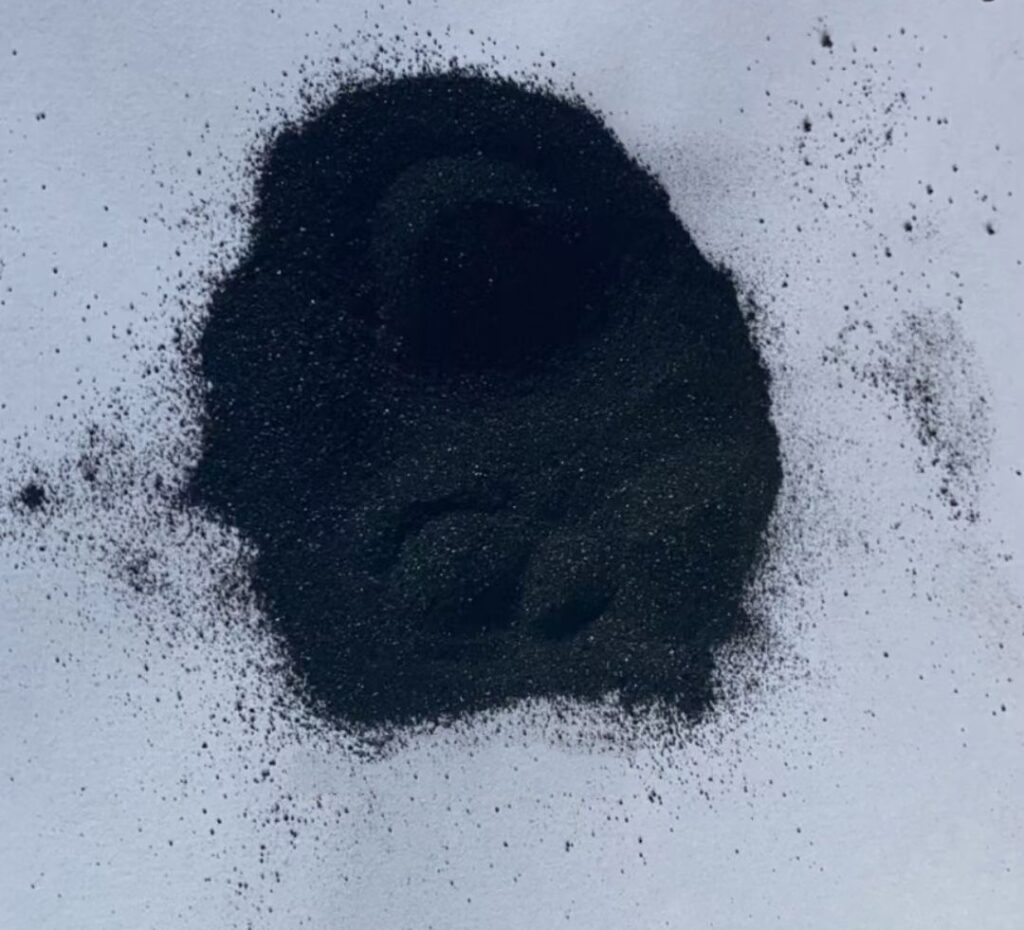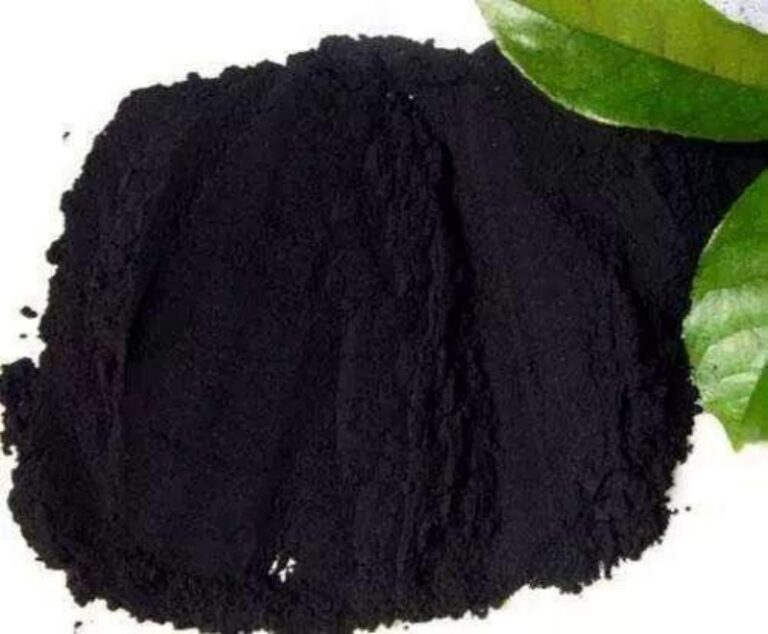What is mineral potassium humate
Potassium humate is actually a combination of humic acid and potassium. Therefore, to understand potassium humate, we must first understand “humic acid” – a short carbon chain molecular structure extracted from natural humic acid, which is a fertilizer with a very high usage rate in recent years.
Humic acid (HA) is a kind of organic matter that is accumulated through the decomposition and transformation of animal and plant remains, mainly plant remains, and a series of chemical processes. It is a high-molecular organic acid composed of aromatics and their various functional groups, with good physiological activity and absorption, complexation, exchange and other functions.
Fulvic acid is the smallest molecular weight and most active component in humic acid, and is the essence of the effective ingredients of humic acid. It is a plant growth regulator that can promote plant growth and play an important role in resisting drought; it can improve plant resistance, increase production and improve quality;
- Mineral potassium humate: Mineral potassium humate usually contains more than 50% humic acid and more than 8% potassium oxide. The technical indicators of each manufacturer in actual application are different. The product belongs to small molecule organic matter, which can be directly absorbed and utilized by crops, and the effect is fast and lasting.

Mineral potassium humate for sale near me
- Decompose salt accumulation and improve root microenvironment: Mineral humic acid has strong absorption and ion exchange capacity, which is 10-20 times greater than that of ordinary soil. It can interact with the heat-decomposed ions of soil, neutralize and buffer heat damage, and become a small fertilizer reservoir with stable water retention, fertilizer retention and air permeability with soil structure.
- Integrate the nutrients of soil painting for reuse: Mineral potassium humate integrates calcium, magnesium, zinc, molybdenum and other macroelements in the soil to generate calcium humate and zinc humate with high solubility and easy to be absorbed by crops; it can also be complexed with soil solidified phosphorus and potassium humate to dissolve phosphorus and potassium, which plays an indispensable role in improving disease resistance, stress resistance, increasing yield and improving quality.
In addition, mineral potassium humate participates in the synthesis of various enzymes, increases resistance to early cold, promotes root growth, promotes soil microbial activity and other effects.
- Generally speaking, potassium humate can be extracted from plants and then made into potassium humate with potassium oxide, or it can be extracted from humic acid in minerals such as peat, lignite, and weathered coal and made into potassium humate with potassium oxide. The latter is the mineral potassium humate we are going to talk about today.
Therefore, mineral-source potassium humate is a fertilizer formed by extracting humic acid from the humic acid in coal and then combining it with potassium. Therefore, the quality of a mineral-source potassium humate depends on the minerals used, the content of humic acid and the content of potassium.






